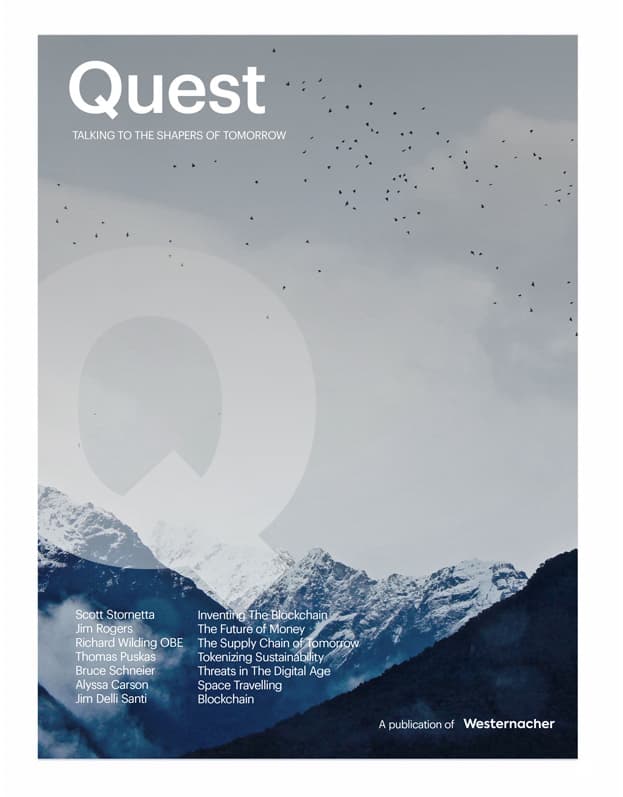Share this article
Follow us on Linkedin
In today’s consumer-driven economy, effective demand planning has become both more complex and more essential. Despite this, many consumer goods companies still base forecasts primarily on shipment data. While shipments offer partial insight, they fail to capture the complete demand picture. As Alexis Lozada, Practice Director of Supply Chain Planning at Westernacher Consulting, observed in a recent podcast, relying on shipments alone is “like driving a car semi-blind.”
The limitation is clear: shipments reveal what was sent to retailers, but not what consumers actually purchased. True demand lies with the end consumer—the person picking up the beverage, the over-the-counter medicine, or the seasonal item on the shelf. Without capturing actual consumer demand, companies expose themselves to costly errors in demand planning.
The risks of relying only on shipment data.
When demand planning is built only around shipment forecasts, companies often fall into one of two traps:
- Excess inventory: Over-shipping to retailers when consumer demand hasn’t materialized, leading to write-offs, obsolescence, tied-up cash in inventory, overruns in warehouse capacity, and discounting to move stagnant stock.
- Stockouts and firefighting: Missing upside demand when a new product performs better than expected, resulting in empty shelves, unhappy consumers, rushed manufacturing, and higher transportation costs.
Both scenarios erode profit margins and damage service relationships with retailers and end consumers.
The true power of Point-of-Sale (POS) Data.
By incorporating POS data into demand planning, companies can:
- Improve forecast accuracy by basing predictions on actual consumer buying behavior.
- Allocate resources more effectively, knowing where, when, and how much inventory is needed across distribution networks.
- Reduce costs tied to obsolescence, excess inventory, and expedited logistics.
- Increase service levels for both retailers and end consumers.
As Lozada explains, “POS data gives you the actual historical record of consumer demand. It has a higher explanatory power for how demand behaved in the past—and how it’s likely to behave in the future.”
Technology that scales.
Historically, gathering and harmonizing POS data was slow and manual—sometimes taking months for a single retailer. Today, with technologies like Alloy.ai integrated into SAP IBP (SAP Integrated Business Planning for supply chain) by Westernacher Consulting, companies can collect, cleanse, and apply POS data at scale across all retail partners.
“Often traditional demand planning processes are slow,” said Joel Beal, CEO of Alloy.ai “It happens more at a monthly or maybe weekly cadence — but you’re responding to a signal that is lagging. One of the things that we do at Alloy.ai is bring you the real-time demand signal so you can see things like: How much is actually selling each day to the end consumer? How much inventory is available at that retailer today. You can immediately see when consumer demand is shifting and adjust your shipment plan accordingly.”
The future of demand planning isn’t just about adding POS data—it’s about building the right foundation for AI. Clean, harmonized data is the starting point. From there, Machine Learning/AI functionalities in demand planning can automate noise reduction in demand history, select optimal forecasting algorithms, and help planners focus on the exceptions where human expertise matters most.
Westernacher Consulting is actively helping companies design this foundation—making demand planning not just faster, but smarter. With the right tools, partnerships, and approach—like Westernacher Consulting, SAP IBP, and Alloy.ai—companies can supercharge their demand planning, turning consumer insights into a powerful driver of supply chain performance.
